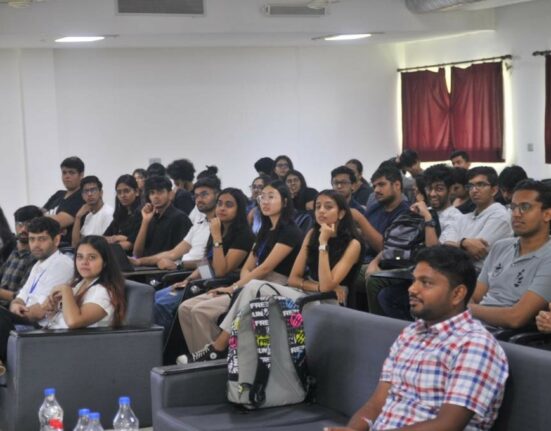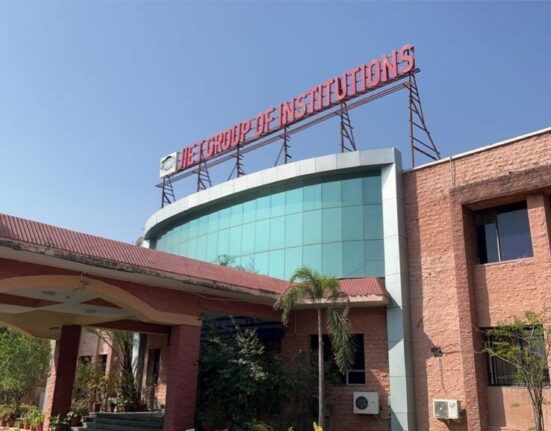
The Central bank in Sri Lanka has enlisted three firms to develop a proof-of-concept (PoC) for a shared Know Your Customer (KYC) facility using blockchain.
It is understood that the foundation to the project was laid in 2019, according to a report from Sri Lankan daily Mirror. The central bank is now looking to establish a blockchain-based facility that would enable the government and the banking sector to securely share and update customer data nationwide.
“We invited software companies to develop a shared KYC PoC free of charge, as a national project. The response to join this project, both locally and internationally, has been extremely heartening and we are happy to say that we have finalised selecting suitable applicants to begin development shortly.” D. Kumaratunge, the central bank’s director of payments and settlements, told attendees in an event.
The blockchain PoC is expected to be developed in a span of six to nine months. Kumaratunge said that the central bank received 36 applications for the project, from both local and international firms, from which it whittled down its choices to a shortlist of three. One of the three is reported to be an (unnamed) foreign tech firm.
After the development is completed, the firms will submit their report on the PoC to be evaluated by the payments and settlements department, the National Payment Council, and finally the Monetary Board.
Multiple Sri Lankan banks have already agreed to join the project, Kumaratunge said. The central bank is expecting the potential benefits of the shared KYC facility to include the more efficient onboarding of new customers, lower administrative costs and therefore, it hopes, improved financial inclusion in the country.
“The party selected to implement the PoC will neither be prejudiced from applying for any subsequent commercial development of a shared KYC facility that may take place nor would the company obtain any preference due to their engagement in this POC development,” the central bank said.














